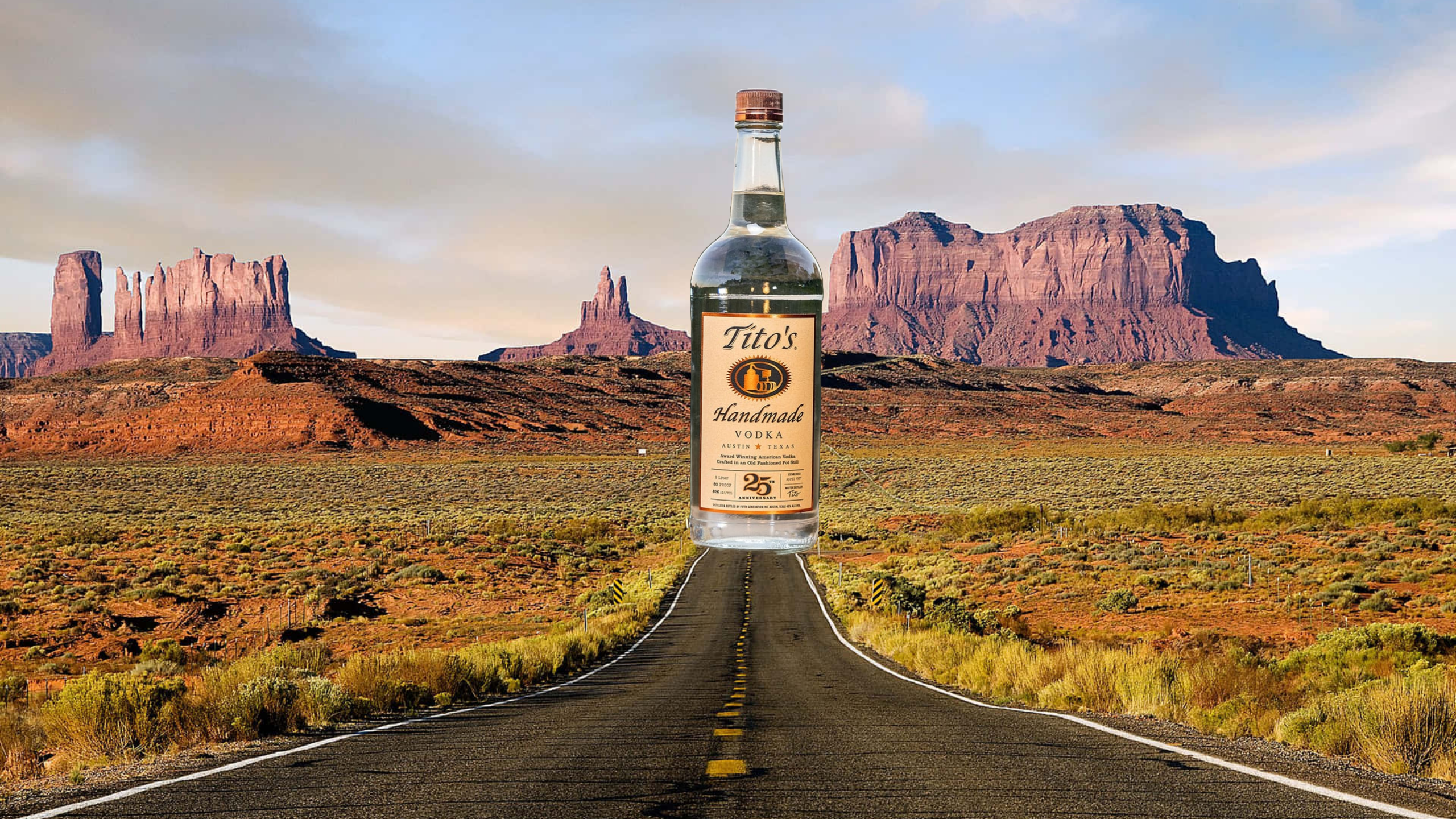“Made in America” Messaging Delivers Double the Commercial Potential
The news of tariffs has dominated US and global headlines for months, with polarizing views on their impact for brands and consumers. Some companies have announced price hikes, while others like Home Depot have publicly committed to absorbing the cost and shielding customers.
For brands manufacturing domestically, this moment presents a unique opportunity not only to avoid tariffs, but to lean into messaging around patriotism and provenance. With that in mind, System1 tested an American liquor cabinet staple, Tito’s Vodka, to understand how U.S. consumers respond to brand claims centered on U.S. production and staying tariff-free.
Using our Test Your Innovation platform, we explored how people feel about 15 potential claims for Tito’s that emphasized themes like American-made, Texas roots, and freedom from tariffs. The platform leverages emotional measurement to predict commercial impact, helping brands identify which ideas are most likely to succeed.
Red, White, and Booze
The top three claims ranked highest by U.S. consumers were:
- Texas Born, US Made, Tariff Free
- 100% American, 0% Tariffs
- Born Free, Enjoyed Tariff Free
The data shows a clear resonance with the brand’s American and Texas origins. Patriotic themes like freedom and heritage weren’t just liked—they were loved, evoking high emotional engagement and profit potential.
Respondents who selected Born Free, Enjoyed Tariff Free said it made them feel proud and happy, even though it doesn’t explicitly mention America. That reinforces how tightly freedom is associated with American identity.

The top-performing line, “Texas Born, US Made, Tariff Free”, earned a 4.2-Star score, predictive of double the profit potential versus the category norm. It not only communicated tariff avoidance but leaned into Texas’ bold and iconic image.
Texas is arguably the most “American” of states: rugged, proud, and independent. So, it’s no surprise that this claim resonated particularly well with audiences.
Tradition Wins, Generic Falls Flat
Across the board, the top five claims succeeded by offering confident, all-American slogans that communicated quality and value without fear-mongering or politics.
One standout “Vodka the Old-Fashioned Way” also scored well for consumers who value tradition. It avoided direct political themes and instead offered nostalgic appeal grounded in product history.

The bottom five claims, which scored between 1.6 to 1.1 Stars, failed to spark emotion or relevance. These generic lines could easily belong to other products or categories, lacking the specificity and connection to Tito’s.
Take You Can’t Tariff Friendship, for example. Nearly 20% of respondents reacted with Contempt, saying it left a bad taste for something that should be positive. Similarly, claims like Gluten Free and Preservative Free prompted a resounding “So what?” showing that Neutrality ruled, and passion was absent.

Birds-eye View on American Identity in a Global Moment
Zooming out, the top-performing claims reflect a broader cultural sentiment: a desire to celebrate American identity and self-sufficiency in a divided and unpredictable global environment.
Brands like Tito’s are uniquely positioned to lean into this moment. While global supply chains may face challenges and costs due to tariffs, US-made brands can stand out with pride and affordability.
Home Depot has shown how pricing decisions can become PR moments. Tito’s, through messaging like Born Free, could show how even a vodka brand can tap into the current consumer, political and economic period.
Create with Confidence
A strong, credible, emotionally resonant claim is a critical part of a products success, it can make or break a good idea.
System1’s Test Your Innovation platform allows you to not only test full concepts but also separate elements such as claims, taglines & logos. Increasing your likelihood of in-market success.
Don’t guess. Don’t gamble. Create with confidence.

